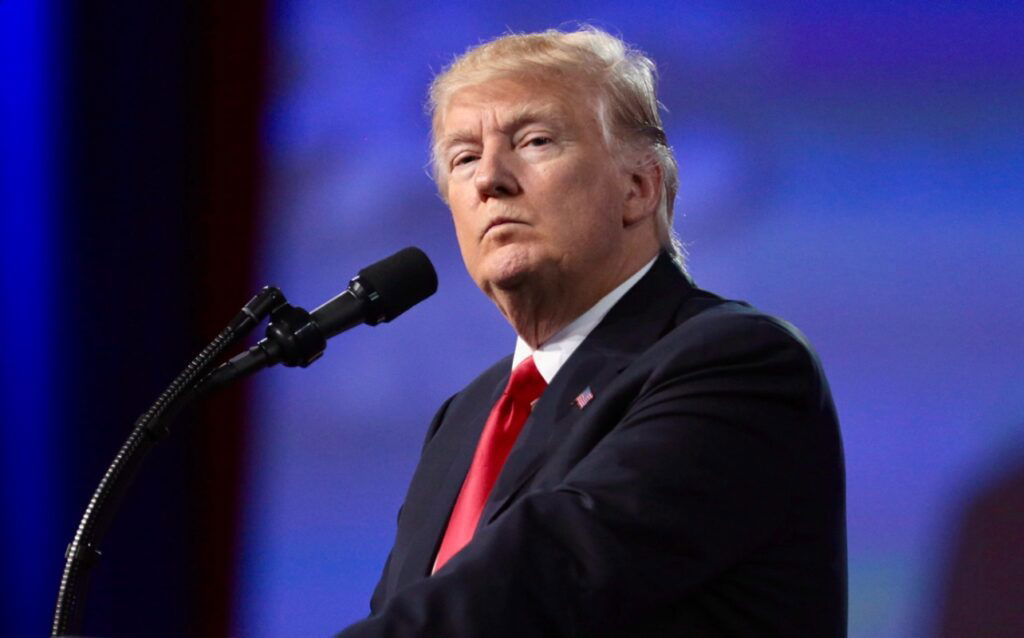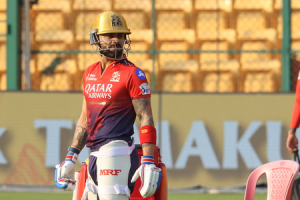The Supreme Court rejects request to remove Kejriwal as CM, stating that it is the responsibility of the Delhi LG to take action.
The Supreme Court rejected a plea to remove Arvind Kejriwal as Delhi's chief minister following his arrest for money laundering, citing lack of legal authority.

The Supreme Court of India has made a decision regarding a plea seeking the removal of Arvind Kejriwal as the Chief Minister of Delhi. This plea was filed after Kejriwal's arrest in a money laundering case. The bench, comprising of Justices Sanjiv Khanna and Dipankar Datta, has stated that the petitioner does not have the legal right to demand Kejriwal's ouster. They further explained that while resignation in such circumstances may be a matter of propriety, it is ultimately up to the Lieutenant Governor to take any action.
The bench also noted that there have been several petitions on this issue which have already been dismissed by the Delhi High Court. In fact, during the hearing of this particular case, the bench had also raised the same question and concluded that it is a matter of propriety rather than a legal right. The court expressed its displeasure over the repeated filing of such petitions and compared it to a series of sequels in a James Bond movie.
In this particular case, the petitioner, Sandeep Kumar, a former MLA of the Aam Aadmi Party, had sought Kejriwal's removal from office. The court was not pleased with this attempt to involve the judiciary in a "political thicket" and decided to impose a fine of Rs 50,000 on him. Similarly, in the past, the high court had dismissed two other petitions seeking Kejriwal's removal, stating that there is no legal bar prohibiting an arrested individual from holding a public office.
The latest development in this case is that the Supreme Court has granted Kejriwal interim bail, enabling him to campaign in the upcoming Lok Sabha elections. However, he has been prohibited from visiting his office or signing official files without the approval of the Lieutenant Governor. This arrest had come after the Delhi High Court refused to grant him protection from the Enforcement Directorate.
In conclusion, the Supreme Court has made it clear that while there may be questions of propriety in this matter, there is no legal right for the petitioner to demand Kejriwal's removal. The court has also expressed its disappointment in the repeated filing of such petitions and has stated that this is not a matter for the judiciary to interfere in. The decision ultimately lies with the executive branch of the government.










